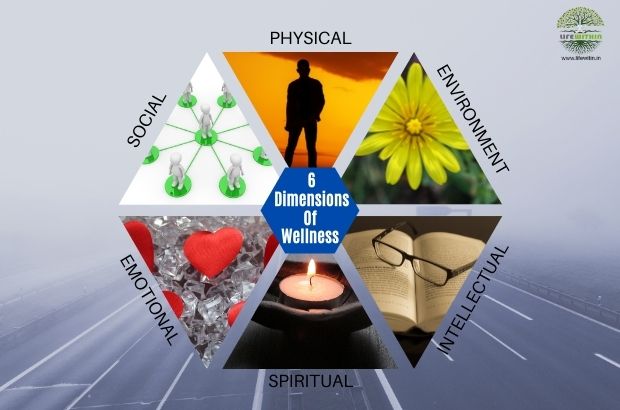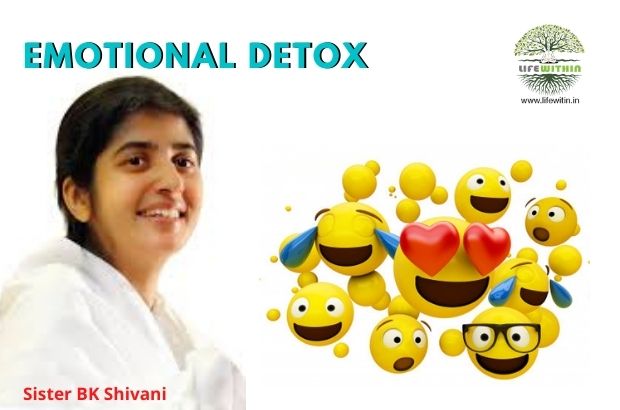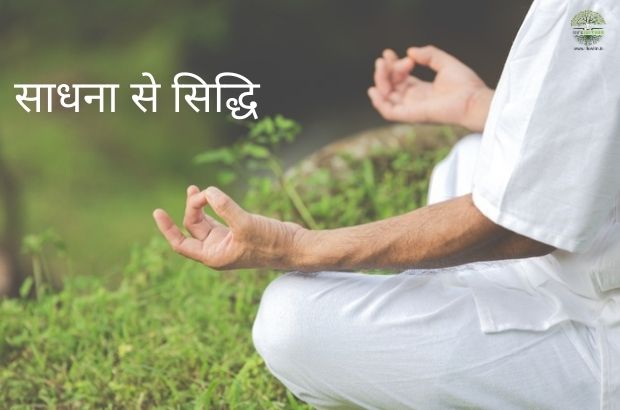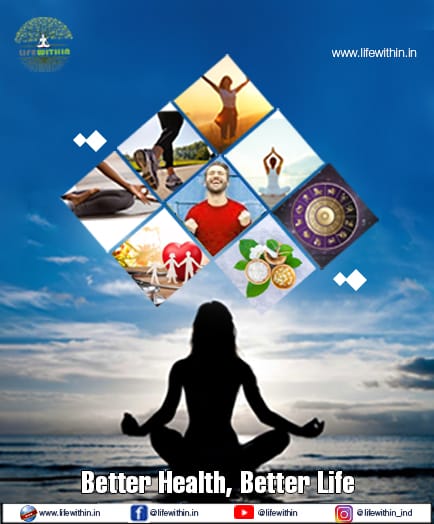The 6 Dimensions Of Wellness | Life Within
Mindfully focusing on wellness in our lives will help us build a holistic sense of fulfilment and will enable us to thri...
- by Life Within Editor
- Oct 15, 2021
- 2649 views

Wellness means practising
healthy habits through which people become aware of and make choices towards a
more successful existence. It is the integration of the six interactive
dimensions namely - physical, emotional,
social, intellectual, spiritual and environmental,
that continually influence and balance each other and create overall wellness.
Mindfully focusing on wellness in our lives will help us build a
holistic sense of fulfilment and will enable us to thrive amidst life’s
challenges.
By applying the Six Dimensional Model of Wellness, we become aware of the interrelation of each dimension and how they contribute to healthy living.
1. PHYSICAL
The Physical dimension is about maintaining a healthy and fit body
through regular exercise, a balanced
diet, sleeping
well, avoiding harmful habits and making
responsible decisions in life.
Your positive choices will enhance your self-esteem and give you more energy and endurance.
Physical
wellness must include:
➔ At least 30 minutes of exercise daily.
➔ Eating whole foods and a diet full of fruits
and vegetables.
➔ Good hygiene.
➔ Enough sleep ( approx 7-8 hours/day).
➔ Maintain appropriate body weight.
➔ Don’t ignore signs or symptoms of any
disease.
➔ Avoid drinking, smoking, tobacco etc.
2. EMOTIONAL
The emotional dimension focuses on being aware and comfortable with your own thoughts and feelings and also requires ongoing self-examination. It relies on being able to express our thoughts and sensations and to be able to absorb those of others and cope with different emotions positively.
Emotional
wellness must include:
➔ Being positive about yourself and your
choices.
➔ Being satisfied with the things around you.
➔ Find it easier to laugh and have a less
intense mood.
➔ Having a non-judgmental approach towards
others.
➔ Owning and learning from your mistakes.
➔ Saying “NO” confidently, if things don’t seem right. No need to feel guilty.
3. SOCIAL
The social dimension is about relating, interacting and communicating well with others and being comfortable in your own skin at the same time. Developing interpersonal skills, cultivating a strong network, taking an active part in the community and living with harmony is part of social wellness.
Social
wellness must include:
➔ Getting involved in the community, school or
work activities.
➔ Develop a strong support network of your
loved ones and well-wishers (friends and family).
➔ Enhance the ability to relate with people
with diverse backgrounds.
➔ Deal with differences or conflicts in a
healthy and respectful way.
➔ Be aware of social issues around you and do what you can do to help.
4.
INTELLECTUAL
The intellectual dimension is about being able to engage in lively interaction with the world around you and expanding your knowledge, skills and abilities. The intellect is about flexing the mind’s muscles and opening the mind and focusing on personal growth and development. It involves connecting with others on a cerebral level and increasing the capacity for questioning and critical thinking.
Intellectual
wellness must include:
➔ Developing effective time management skills.
➔ Being open and interested in others’ views.
➔ Following study regime.
➔ Continuous learning of new things, outside
your domain.
➔ Being well aware of current events, issues and ideas.
5. SPIRITUAL
The spiritual dimension involves exploring the key beliefs and values and having a sense that life is meaningful and has a purpose and that we are guided in our journey. It is about embracing the spiritual aspect and experiences and reaching beyond the physical realm of existence. It is about living in a way that is accordant with your “world view”, while also being tolerant of others who hold different beliefs and values.
Spiritual
wellness must include:
➔ Be clear and live by your values and beliefs.
➔ Be tolerant of others’ opinions and beliefs.
➔ Make time for personal reflection.
➔ Actively
volunteer in your community.
➔ Take failure as a learning experience and
look forward to the future.
➔ Discover what gives meaning and direction to
your life.
➔ Set life goals and work towards them.
6.
ENVIRONMENTAL
The environmental dimension is about surrounding yourself with a healthy work and living environment and also having a healthy relationship with the earth and its resources. It is about respecting nature and the surroundings and gaining personal fulfilment from them and also protecting yourself from environmental hazards.
Environmental
wellness must include:
➔ Following the 3 R’s - Reuse-Recycle-Reduce.
➔ Spend time in the natural environment.
➔ Walk or carpool or use public transportation.
➔ Join an environmental organisation/NGO.
➔ Try to conserve energy and water.
➔ Clean and remove clutter from your home/office.
By embracing these dimensions of wellness, you are better equipped to manage the intricacies and spontaneity life presents to us. When one or more dimensions are at risk, the others play a greater role to balance out the compromised dimension(s).
Sakshi
Bisht | Life Within
















